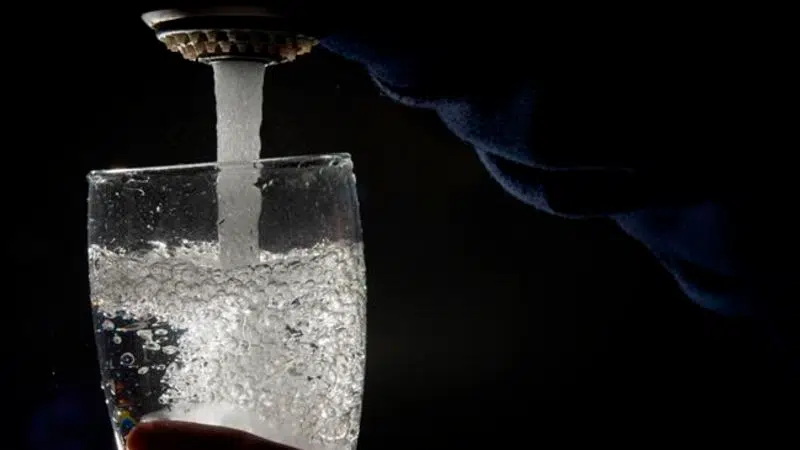
B.C. not sufficiently protecting drinking water, says auditor general
VICTORIA — The system of accountability to monitor protection of drinking water in British Columbia is of grave concern and doesn’t appear to be a Ministry of Health priority, says the province’s auditor general.
Carol Bellringer says in an audit report released Tuesday that the health ministry and the provincial health officer are not sufficiently ensuring the safety of drinking water for the people in B.C., and she recommends a leadership overhaul and development of a strategic protection plan.
Her report says there hasn’t been a known outbreak of water borne illness since 2004, but one contamination event can harm many people.
“Overall, (the) Health (Ministry) and the provincial health officer’s accountability to ensure drinking water was protected is of grave concern,” the report says. “We’re making eight recommendations. Five are to the Health (Ministry) and include providing leadership to co-ordinate the ministries, undertaking a legislative review, identifying risks and developing a strategic plan, and reporting out to the public.”


